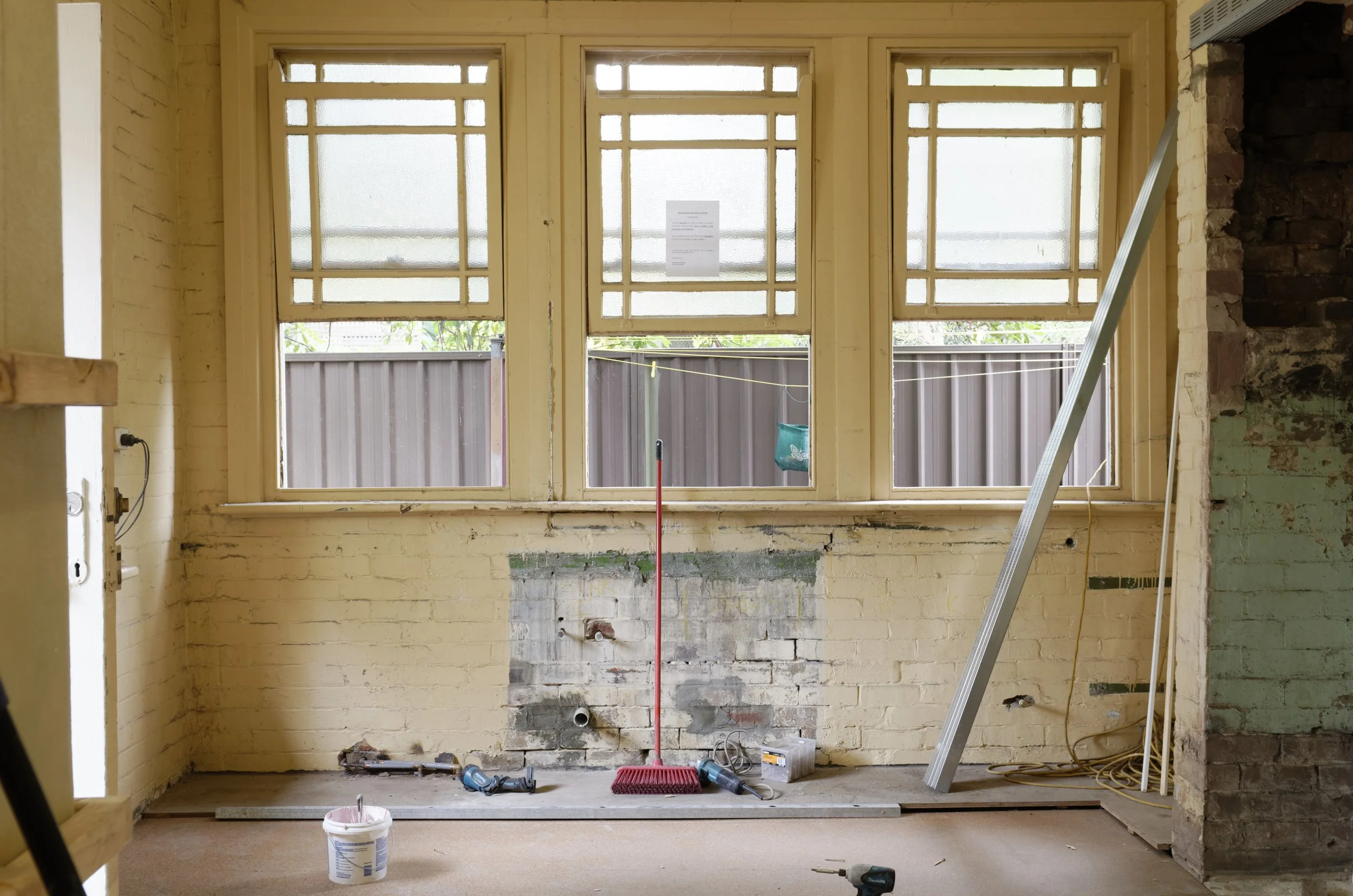Can I use a Power of Attorney to sell my jointly owned property in Nova Scotia if my partner has Dementia?
/If a property is owned in joint tenancy by more than one person, then all owners must consent to the sale in writing. (If you’re not sure if the property is owned in joint tenancy vs as tenants in common review our blog on the topic to help you understand the difference) However, if an owner is no longer competent, then someone must consent on their behalf.
Read More
























